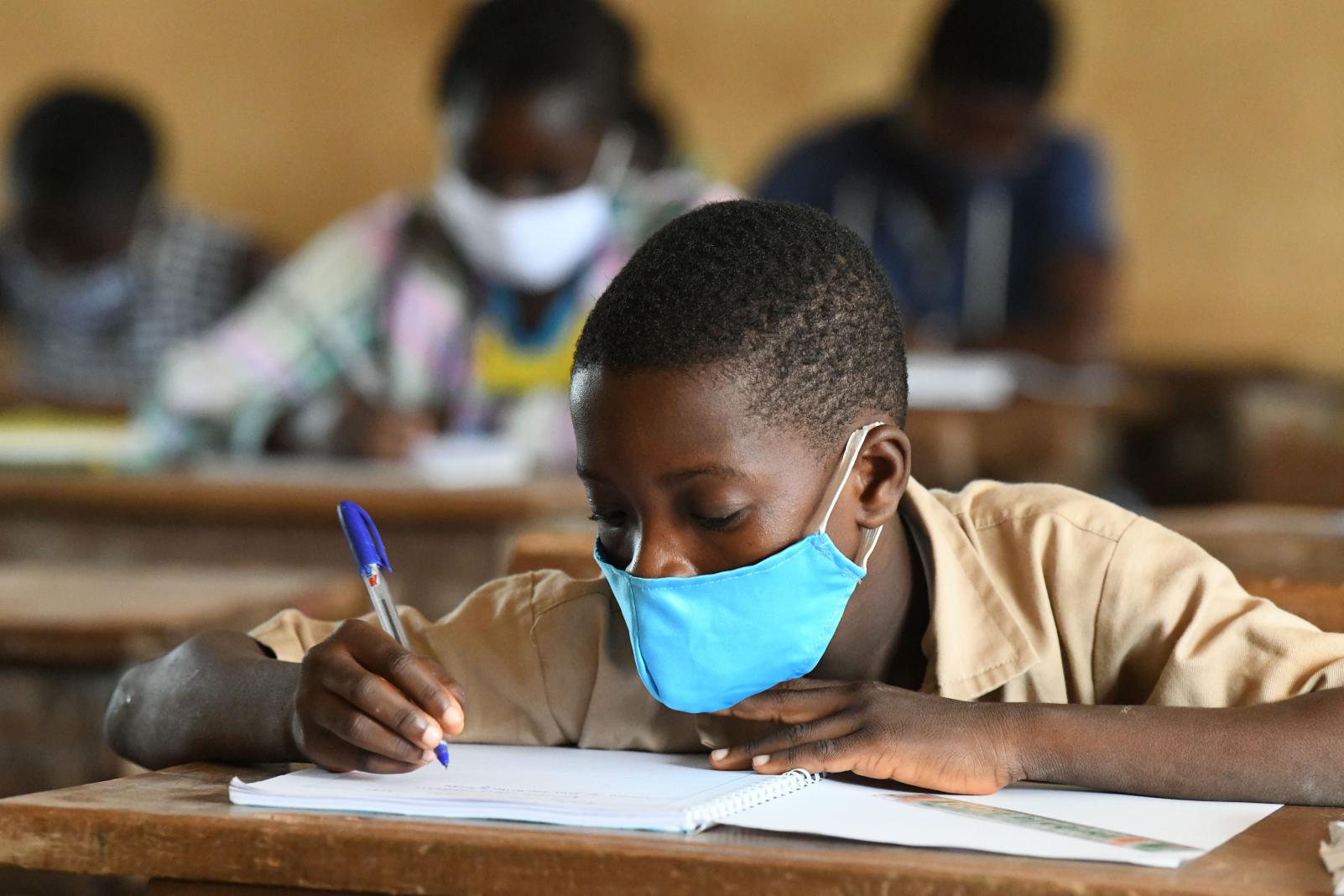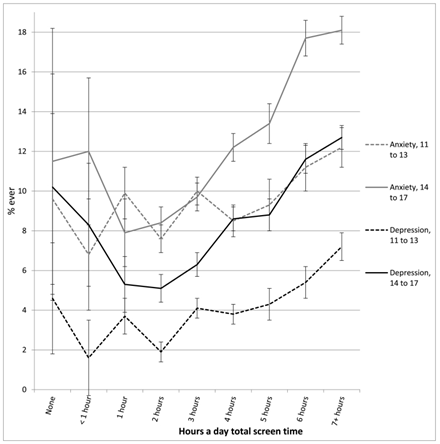
The COVID- 19 pandemic has put a halt in face to face schooling. Meaning, children cannot see their friends at school or participate in any after-school sports and activities. Without knowing much about what is happening around them, their daily routines have changed. It is necessary to be attentive at how social isolation is affecting young kids and their mental health. In an unprecedented era, there are still ways to help children fight stress or depression at home through telehealth counseling.
5 Reasons How Social Isolation is affecting Children Mental Health
1. Change in sleep schedule
Children are used to waking up and going to sleep at a specific time almost every day. Now that online schooling has taken over, students have no commitments to getting to class on time or reason to wake up at a designated time. An inconsistent sleep schedule can be harmful to a child's brain health. Our brain clears toxic waste when we are asleep and an irregular sleep schedule can disrupt the circadian rhythm causing fatigue, difficulty in concentrating and learning.
2. Bad eating habits and lack of exercise
Children are also used to eating a specific time every day from having lunch at school. While at home, kids might be able to get away with eating more unhealthy foods. An irregular eating behavior at an early age can impact the physical health of a child causing obesity or digestive problems. Social isolation also means that there are no physical education classes, recess or extracurricular activities, parts of the day where kids are the most active. The CDC recommends at least 60 minutes of physical activity daily to promote brain health for school-aged children. Not every child might have access to a backyard and, when parks are also closed, some kids might not have had any physical activity.
3. Lack of daily goals
Quality of education has been severely affected by the worldwide pandemic. The adjustment from in-person education to online learning was executed within weeks. Some families are not able to provide the same education to their kids from home opposed to at school. With decreased assignments and tasks, kids become less goal-oriented. In school, students are always learning how to work in a team by completing assignments or presenting projects with classmates. At home, these use of these skills are limited. Additionally, when students were able to participate in sports and playing instruments, it kept them disciplined and acted as a therapy to some to reduce anxiety.
4. Increased Screen time
Many of our screen times have surged during social isolation. Studies show kids are also experiencing increased screen time through TV, phone, computer, and gaming since the beginning of the pandemic. More time on the phone creates increased access to age-inappropriate online content to young kids. Social media has always been an factor in the mental health of children. Spending hours on the phone and social media can severely strain their eyes and, affect their emotional well-being. An NIH study shows a correlation between screen time and psychological wellness in children. Children who showed high amounts of screen time were more likely to be diagnosed with anxiety or depression.

5. Loss of therapy for Disabled and Special Needs kids
Disabled and special needs kids are a large portion of students that are affected by social isolation. These students receive most of their therapy throughout the school day from the services provided by their school. With remote learning, many disabled and special needs students lost their providers and might not be receiving the daily therapy they were getting. This abrupt change in their daily lives can cause fear or confusion among children who do not understand what is happening. With social isolation, they face inactivity, decreased socialization with peers, and obstacles in online learning. These challenges can cause them to be emotional, anxious, and have negative behavior.
How Can Families Help Children cope with Stress and Anxiety during Social Isolation?
Teletherapy is access to therapy services. Providers can to offer mental health online counseling services, which can very advantageous during this time. Without the fear of being at risk for COVID-19, children can still have access to therapy over the phone. These services are excellent for children that are experiencing stress or anxiety during social isolation and also for special needs kids that have lost their school therapy services. E-counseling services offer the flexibility for parents and students to talk to a counselor over the phone in the comfort of their own home. Talking to a therapist online can help children improve their communication and offer them mental health activities to provide focus and goals.
